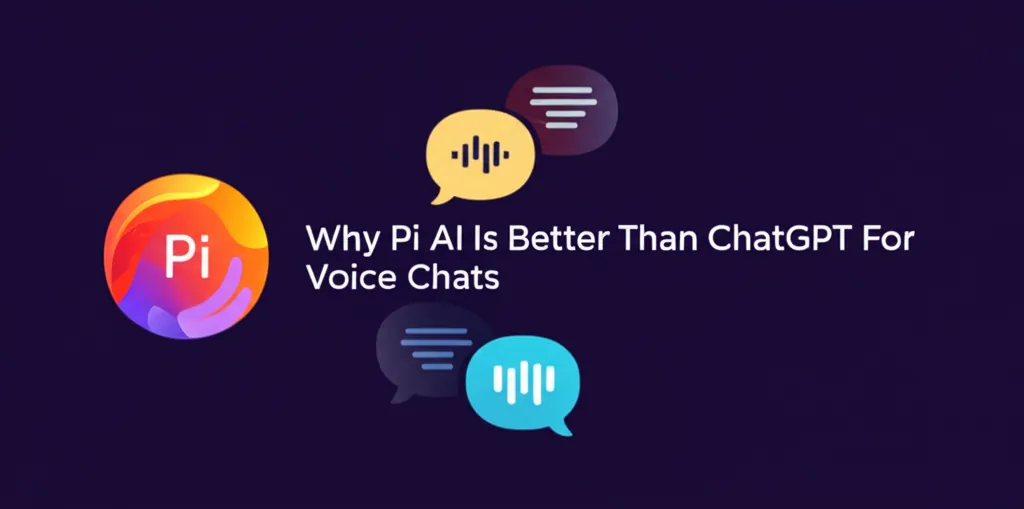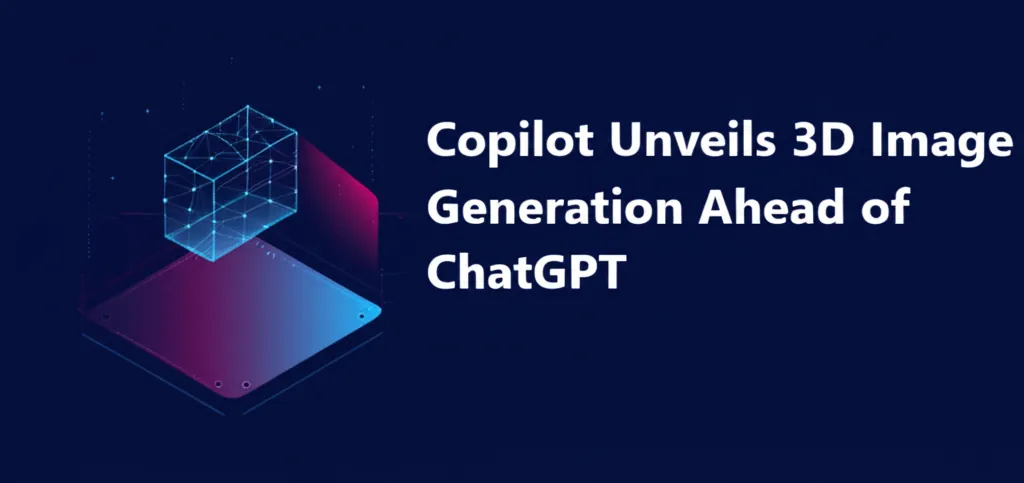Developer Offer
Try ImaginePro API with 50 Free Credits
Build and ship AI-powered visuals with Midjourney, Flux, and more — free credits refresh every month.
Altman on GPT5 Backlash and OpenAIs Bid for Chrome
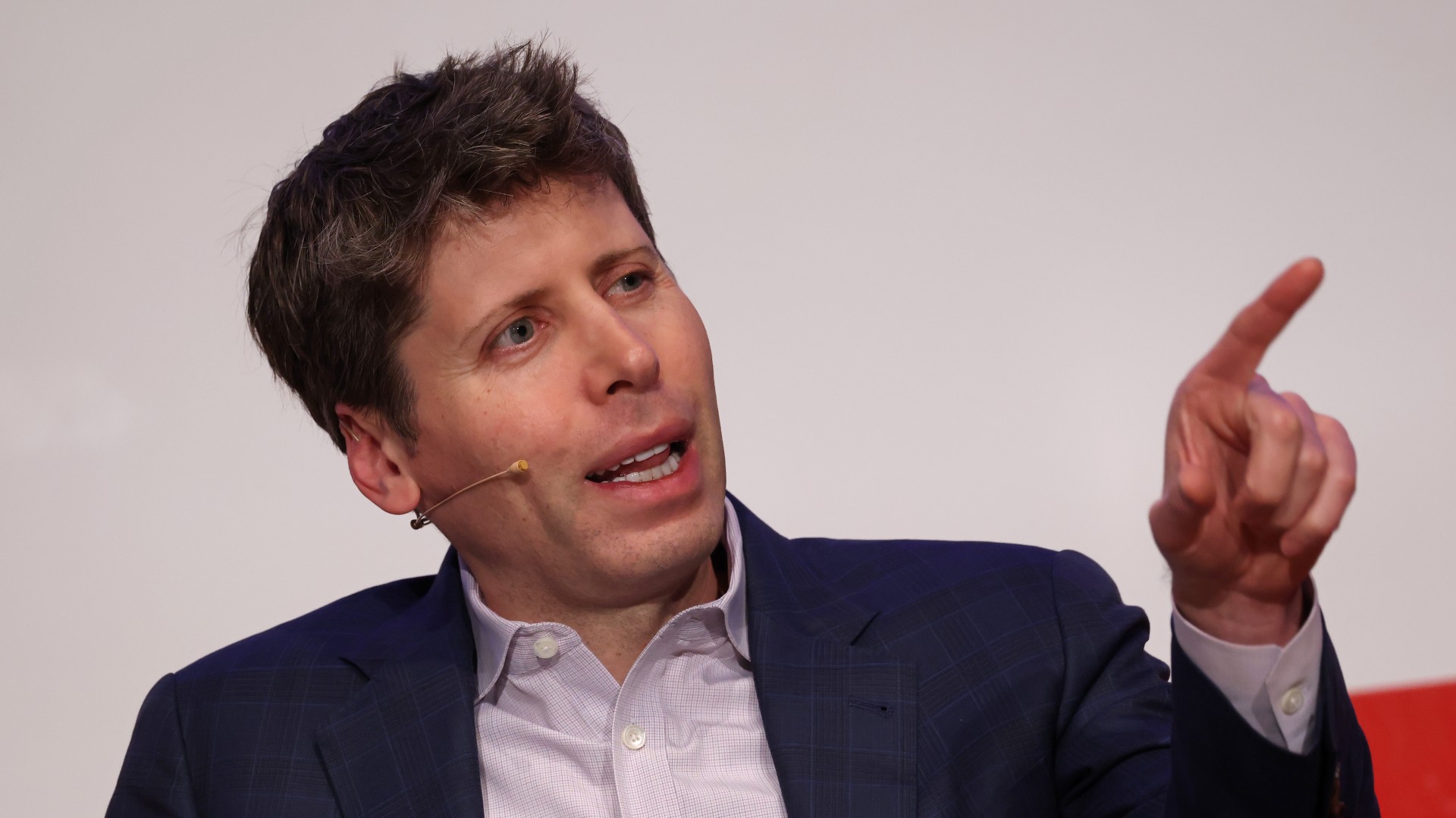 (Image credit: Getty Images | Sean Gallup)
(Image credit: Getty Images | Sean Gallup)
OpenAI CEO Sam Altman recently sat down with reporters in San Francisco to discuss the future of the multi-billion dollar AI firm, shedding light on recent controversies and revealing some surprising ambitions. The conversation, reported by The Verge, covered everything from the problematic launch of GPT-5 to the wild idea of acquiring Google Chrome.
The Rocky Rollout of GPT-5
The launch of GPT-5 was met with high expectations, but the reality fell short for many users. Following the update, social media was flooded with complaints that OpenAI had "ruined" ChatGPT, citing numerous glitches and bugs. Some users felt the new model had transformed the AI into a "corporate zombie," losing the warmth and personality they had grown accustomed to. This sentiment echoed predictions made by Microsoft co-founder Bill Gates over two years ago, who suggested that AI model improvements might have plateaued and that GPT-5 would not be a significant leap over GPT-4.
Sam Altman addressed these complaints, suggesting that some of the backlash stemmed from users forming deep emotional attachments to ChatGPT. He described the situation as heartbreaking, acknowledging the unique role the AI plays in some people's lives. In response to the widespread criticism, OpenAI brought back the popular GPT-4o model, but with a catch: it is now exclusively available to subscribers of the $20/month ChatGPT Plus plan.
I think we totally screwed up some things on the rollout. On the other hand, our API traffic doubled in 48 hours and is growing. We’re out of GPUs. ChatGPT has been hitting a new high of users every day. A lot of users really do love the model switcher. I think we’ve learned a lesson about what it means to upgrade a product for hundreds of millions of people in one day.
- OpenAI CEO, Sam Altman
This move comes as OpenAI faces immense pressure from investors to transition into a for-profit company and secure its financial footing amid rumors of potential bankruptcy and the constant threat of hostile takeovers.
Addressing the Human Connection to AI
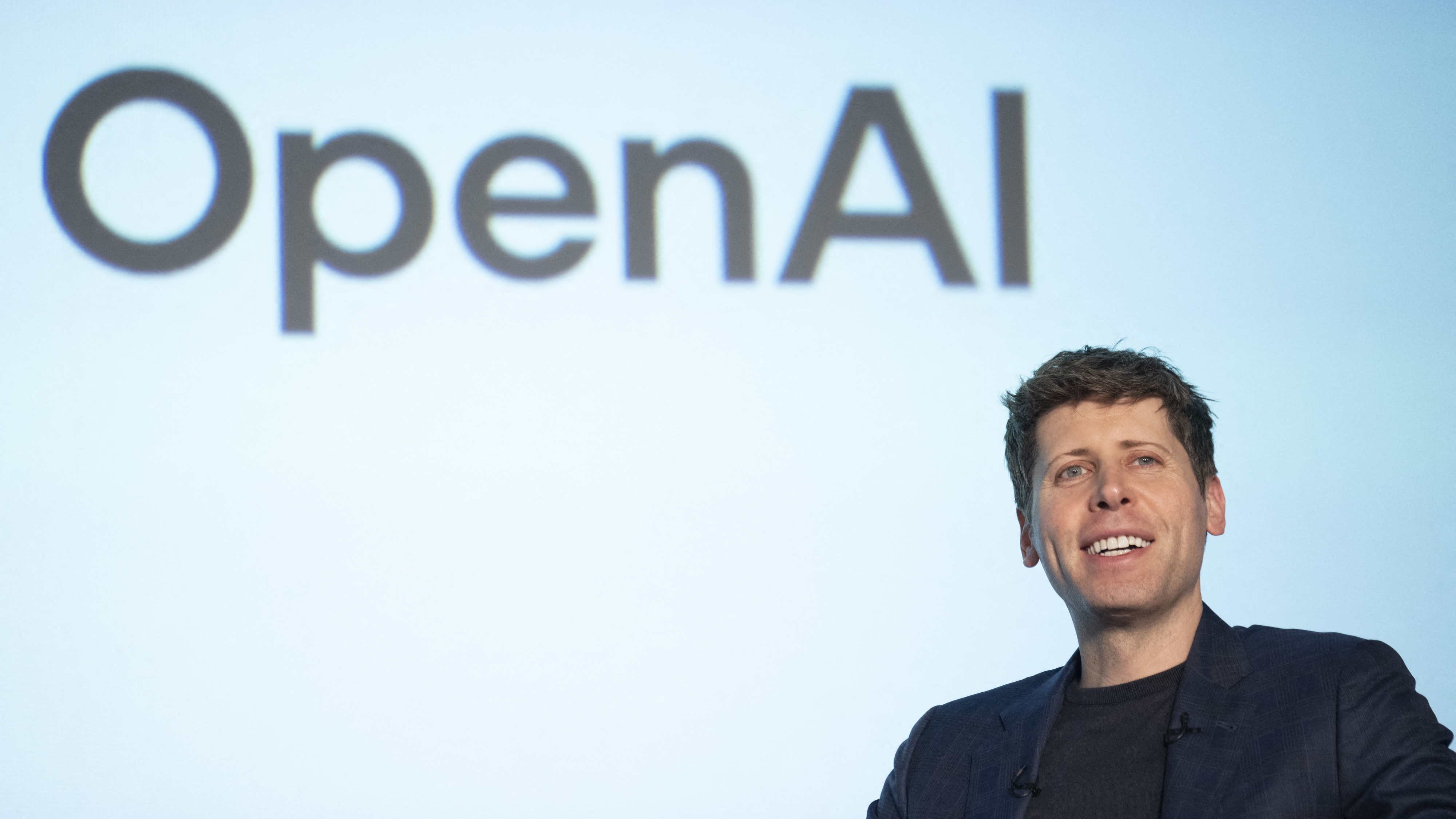 (Image credit: Getty Images | YUICHI YAMAZAKI)
(Image credit: Getty Images | YUICHI YAMAZAKI)
The challenges with the new model are compounded by its immense resource requirements. Altman confirmed that GPT-5 is incredibly power-hungry and that the company is currently "out of GPUs." Despite these hurdles, OpenAI is planning massive investments, with Altman stating the firm is set to "spend trillions of dollars on data center construction in the not very distant future."
Regarding users forming unhealthy relationships with the AI, Altman revealed that the number is "way under 1 percent" but acknowledged it's an issue the team is actively discussing. He distinguished between users with a genuine parasocial relationship and the millions of others who simply grew accustomed to the AI's supportive tone. He also took a swipe at competitors like Elon Musk's Grok, stating that while other companies might chase profits by creating "Japanese anime sex bots," OpenAI would remain focused on building a useful tool without exploiting users in fragile mental states.
Beyond Chatbots: A New Device and Social Media
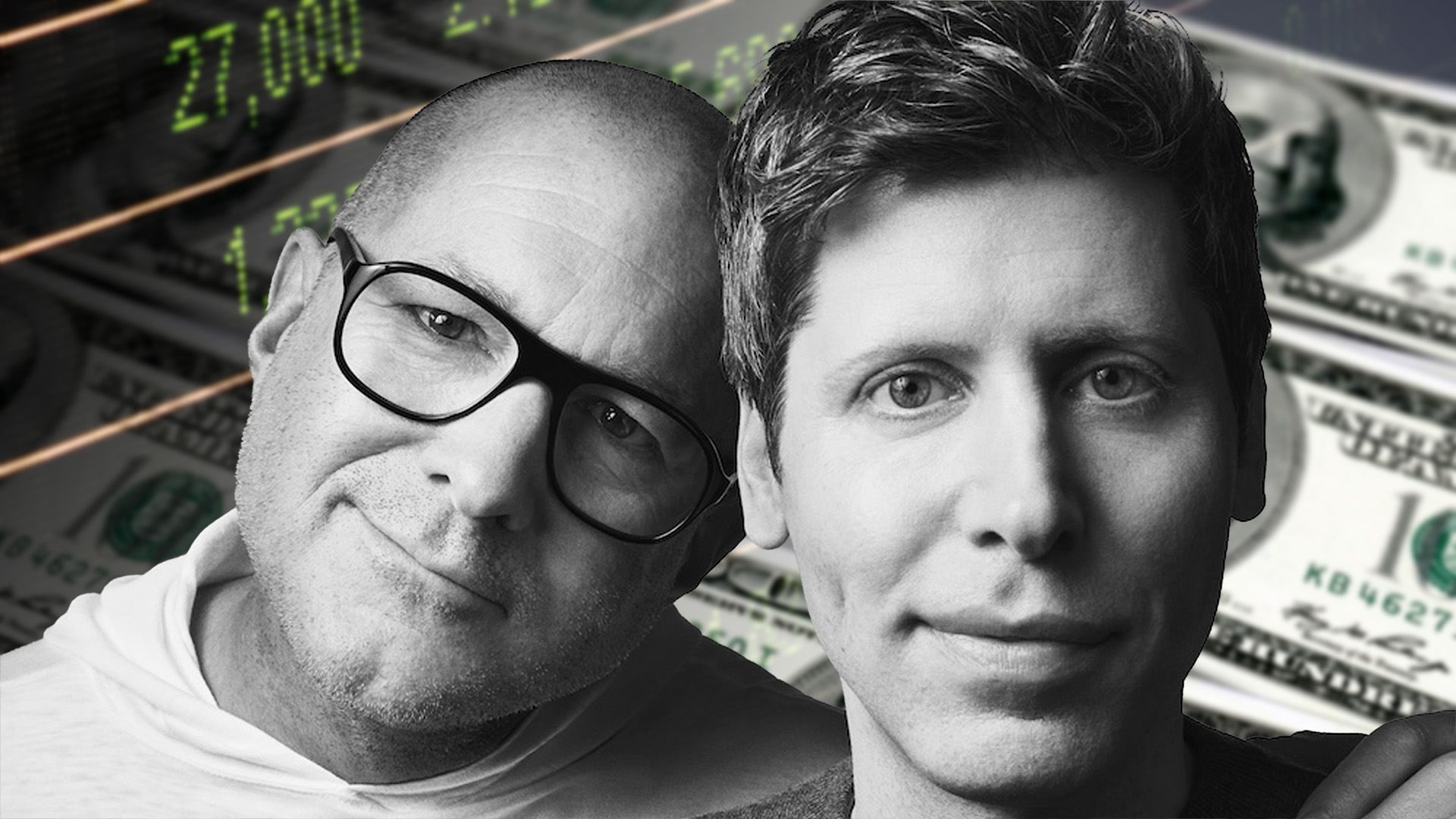 (Image credit: OpenAI | Getty Images)
(Image credit: OpenAI | Getty Images)
OpenAI's ambitions extend far beyond software. With former Apple chief designer Jony Ive now on board, the company is developing a hardware device. Altman was enthusiastic about the project, promising a revolutionary new computing paradigm.
“Listen, we’re going to ship a device that is going to be so beautiful. If you put a case over it, I will personally hunt you down. It’s going to take us a while, but I think you will think it is very worth the wait.”
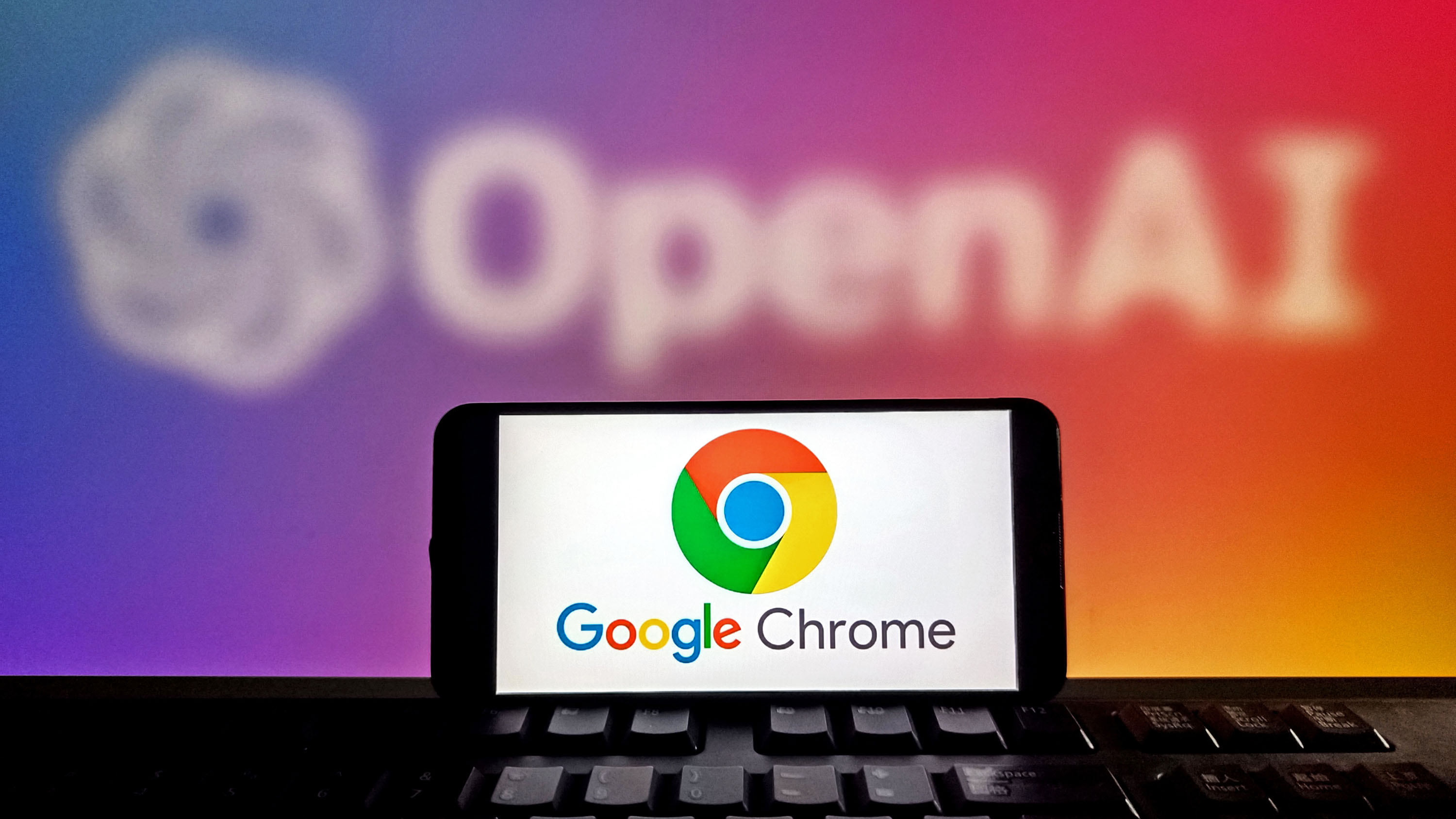 (Image credit: Getty Images | Visual China Group)
(Image credit: Getty Images | Visual China Group)
The company is also exploring new applications beyond ChatGPT. Altman expressed a strong interest in building a "much cooler kind of social experience with AI," hinting at a potential social media platform to rival giants like Instagram and Facebook.
A Bold Move: The Idea of Buying Google Chrome
Perhaps the most startling revelation was Altman's interest in buying Google Chrome. “If Chrome is really going to sell, we should take a look at it,” he stated. This comment comes as Google faces intense antitrust scrutiny. The Justice Department has asked a judge to force Google to sell its browser to remedy its monopoly in the search and digital ad markets, with a ruling expected soon.
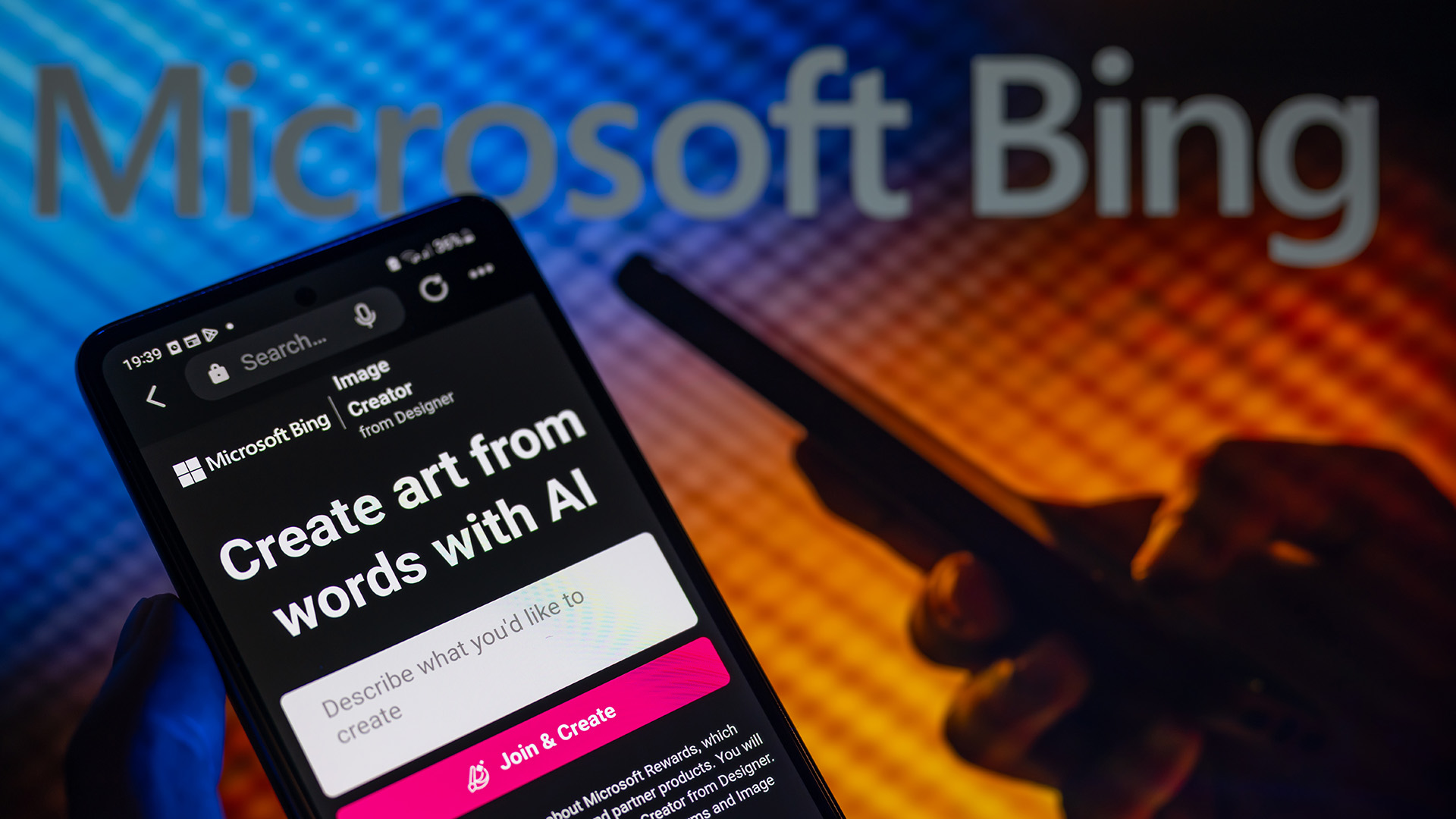 (Image credit: Getty Images | NurPhoto)
(Image credit: Getty Images | NurPhoto)
Interestingly, while OpenAI has a massive partnership with Microsoft, Altman revealed a clear preference for Google's search technology over Microsoft's Bing. When explaining why OpenAI pursued a partnership with Google for search data, he stated that the company has had "significant quality issues" with Bing, making Google the more desirable partner. For now, the future of Chrome, and OpenAI's potential role in it, remains a tantalizing possibility in the rapidly evolving tech landscape.
Compare Plans & Pricing
Find the plan that matches your workload and unlock full access to ImaginePro.
| Plan | Price | Highlights |
|---|---|---|
| Standard | $8 / month |
|
| Premium | $20 / month |
|
Need custom terms? Talk to us to tailor credits, rate limits, or deployment options.
View All Pricing Details
